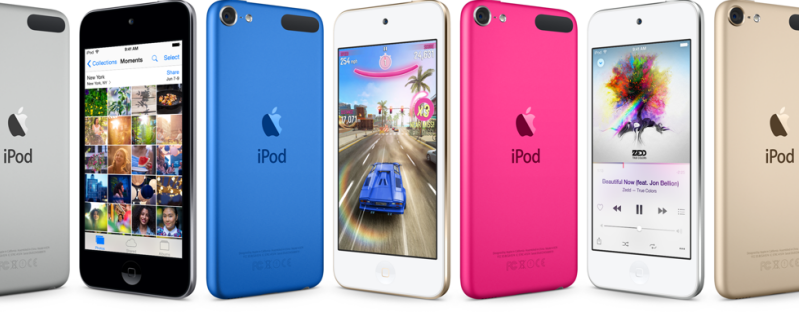
MP3, the original digital audio coding format which saw action on the original iPod from Apple, has seen its licensing period come to an end. This particular announcement hails from The Fraunhofer Institute for Integrated Circuits. Basically, The Fraunhofer Institute is the owner of the patent rights that are related to selling encoders as well as decoders of the format to various developers. Recently, it made the announcement that the "mp3 licensing program for certain mp3 related patents and software of Technicolor and Fraunhofer IIS has been terminated." In other words, any developer use of MP3 will no longer require a licensing patent at all. The Germany-based body claims that there is good reason to proceed in this direction, for the simple fact that the more modern methods of digital audio coding formats have come up and are starting to become commonplace, if not already, including "Advanced Audio Coding," or better known as AAC.
NPR received an email from director Bernhard Grill of The Fraunhofer Institute, citing that AAC is now the "de facto standard for music download and videos on mobile phones," while mentioning that it is "more efficient than MP3 and offers a lot more functionality." They also thanked their licensees for their “great support” in ensuring that MP3 became the de facto audio codec worldwide over the course of the past twenty years. It has certainly been an entertaining ride for so many years, and I am quite sure that many of us grew up with Winamp on our Windows machines, while enjoying the MP3 format across a slew of different devices. Who can forget about the Zune from Microsoft which was supposed to be the iPod killer, only to have it falter and die a quick death so soon after its release?
How did the MP3 format come about actually? The development of MP3 kicked off in the late 1980s over at The Fraunhofer IIS. It built on the work which was previously done by a team at the University Erlangen-Nuremberg. While more efficient audio codecs with advanced features are available today, MP3 continues to maintain a reasonable level of popularity among the masses. However, many forward looking companies and media services that provide streaming or TV as well as radio broadcasting make use of modern ISO-MPEG codecs including the AAC family, while casting an eye on the future in the form of MPEG-H. These formats are capable of offering far more features as well as a higher degree of audio quality even though it carries lower bitrates, as opposed to the MP3 format.
And what of Apple? Apple relies on AAC as the format of choice when it comes to music downloading on both iOS and macOS devices. Certainly, it pays to be on Apple’s good books if you would like to launch a product, since an app on their iOS platform or macOS device will automatically gain a large number of followers right from the get go. The original iPod in 2001 as able to stash up to 1,000 songs, and all of these were encoded via MP3. It is expected for the MP3 format to continue surviving for a fair number of years before it rides off into the sunset, if ever.
Once again, do take note that patents related to MP3 have expired, and the format continues to live in the hearts, minds, souls, and millions of other devices that are capable of supporting this particular audio format. May the MP3 format continue to remain for the years to come, and frankly speaking, there will always be something that can handle playback of the MP3 format for the next decade or so, including the rumored 7th generation iPod touch.






